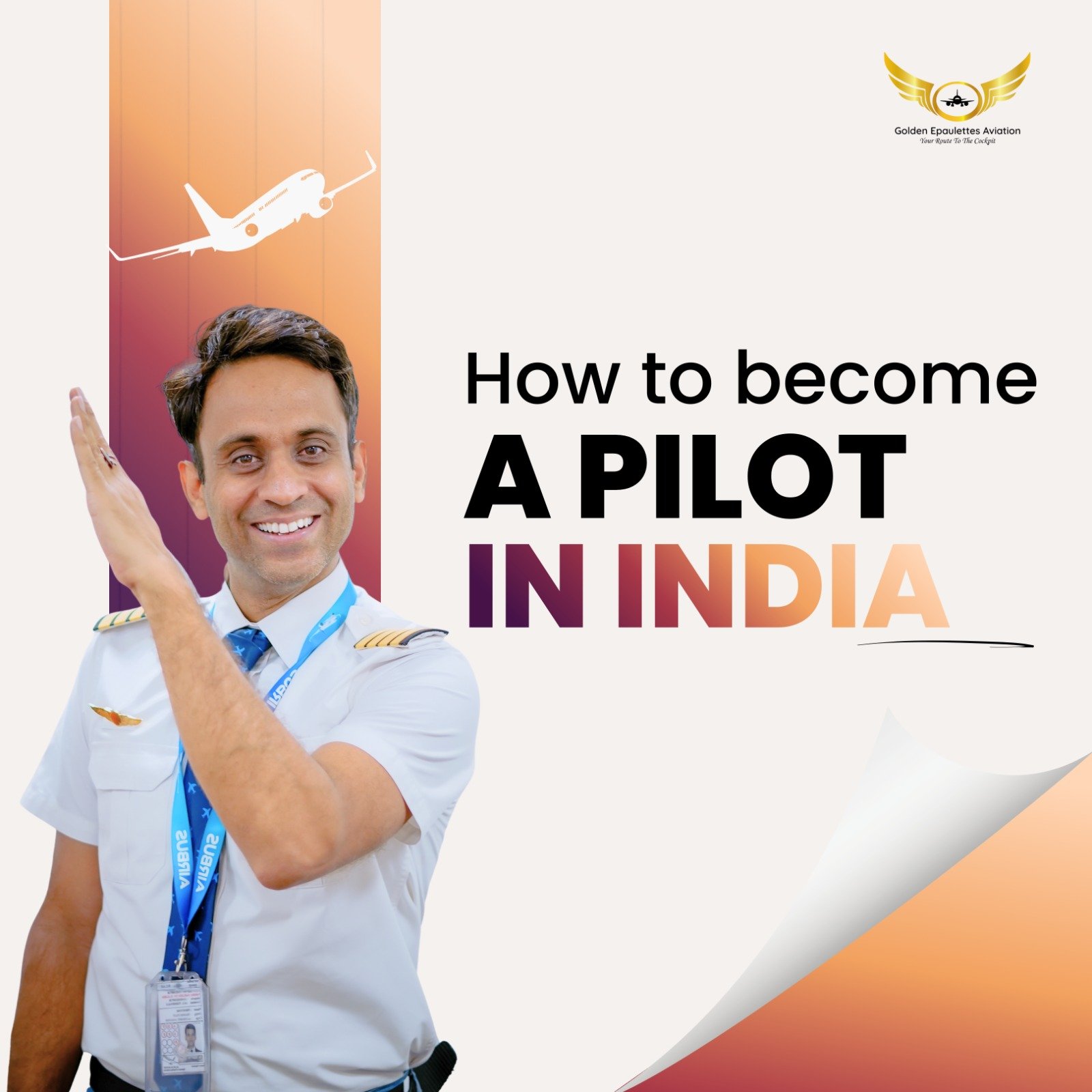Cadet Pilot Program- What to Expect After Graduation- An overview of what happens after graduation from a cadet pilot program.
Content will be added soon
 Menu
Menu
Pilot Programs
Cadet Pilot Program
Premtosh Mishra
Author

Thank you! Our team will contact you shortly on WhatsApp.